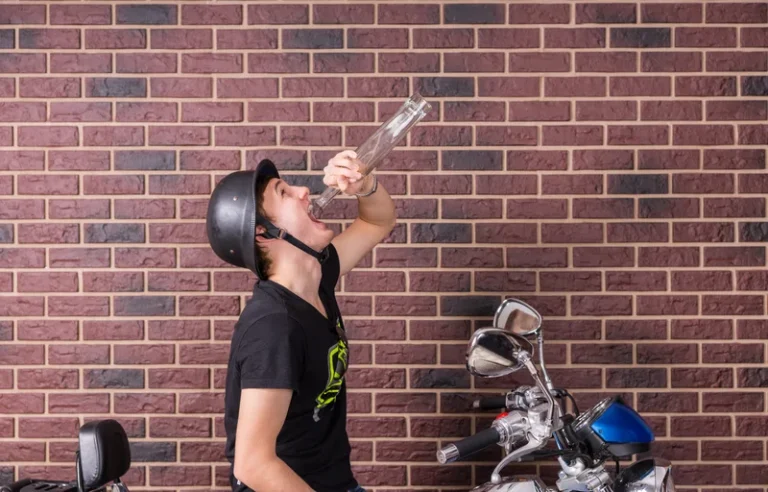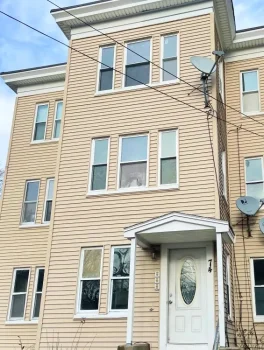
As a mother, I relate to her story so deeply—our children were the same young age when we stopped drinking. She’s an iconic, witty literary voice, an engrossing storyteller, and this book too is a great study in memoir. Having been in recovery for many years, and working here at Shatterproof, I often get asked to recommend books about addiction. So here’s a list of my all-time favorite reads about substance use disorders.
With a new foreword by the author
- Without scare tactics, pain, or rules, she offers a strategy to give you freedom from alcohol.
- And that’s not to say that it isn’t introspective (it is!), but it’s also funny and more lighthearted.
- This is the second addiction book I read at the beginning of my sobriety, and I loved it for vastly different reasons.
- Lori Schiller had entered the horrifying world of full-blown schizophrenia.
- Finding Freedom, French’s remarkable new memoir, chronicles her inspiring journey.
- Annie’s book is so important (and she’s a wonderful human to boot).
He made me think about what I was doing in ways nobody else had done before. The fact that he survived his addiction is a miracle in itself. I can’t relate to much of Carr’s experience with drugs and alcohol, but I could connect to the inner demons that drove him to it. This is the second addiction book I read at the beginning of my sobriety, and I loved it for vastly different reasons. For my fellow high-functioning-alcoholics and gray area drinkers out there, if you keep bouncing back and forth between whether or not you really have a problem, read this book. Until I read this book, I felt a combination of broken (or, at the very least, defective) and hopeless.
- Although both are worth reading, it’s the first I find myself returning to, marvelling at its ability to conjure the insanity of addiction from inside its diabolical reality.
- His approach combines humor with honesty, making it relatable for people who have lost sight of themselves due to addiction.
- As a woman who describes her own body as “wildly undisciplined,” Roxane understands the tension between desire and denial, between self-comfort and self-care.
- Memoirs are raw regardless of the topic, but when an author is writing about their addiction, they’re forced to face the demons that they’ve masked behind a bottle of booze, or whatever the vice, and it is absolutely felt by the reader.
- Find out by taking the McNally Editions reader quiz, which matches readers with a tailored subscription carefully curated to your tastes and sensibilities.
- Her personal story is inspiring, highlighting the importance of faith, community, and the love of family in the recovery process.
Mindset
While the book does end with a fairly typical recovery arc, Night of the Gun is unusual in how directly it deals with the idea of truth coming from one person. Carr’s investigation into his past self also reveals a dark side that is shocking even by the grisly standards of addiction memoirs; he beat women. The journey through addiction and recovery best addiction memoirs is deeply personal and often fraught with challenges. The memoirs listed above offer not only stories of struggle but also of hope, resilience, and the possibility of transformation.
Getting Off: One Woman’s Journey Through Sex and Porn Addiction
Divorce, abandonment, foreclosure and a mass shooting… Mishka Shubaly had plenty of reasons to wallow in drink and drugs, and he does so with wild abandon in I Swear I’ll Make It Up to You. His first full-length memoir follows him from a seemingly endless rock bottom to a passion for running that leads him out of a life of self-destruction and chaos. It’s an inspiring and, at times, unbelievable tale told with unflinching honesty and a heavy dose of self-deprecation. Eventually saved by her family, King writes with equal parts sensitivity and humor about redemption and compassion for others.

Drinking: A Love Story by Caroline Knapp

Bryony puts her family, career and future at risk before a stint in rehab, loads of AA meetings and self-discovery help her to become a mother, partner and person she can be proud of. Not just another celebrity memoir, Fisher’s book strikes the ideal balance between gossip-y entertainment and razor-sharp commentary. The second major problem for anyone writing an addiction memoir—and it’s often connected to the first—is how to conclude it. Only in rare cases—as when the subject of a biography dies—is the answer simple.


She provides alcoholism treatment actionable steps for anyone looking to drink less or none at all. A great starter book for anyone looking to begin changing their relationship with alcohol. This book serves as a guide for anyone starting their journey with a 30 day sobriety challenge.
Discover more from mind remake project
- The Sober Diaries follows the narrative of author Clare Pool’s journey in quitting drinking.
- Because there’s no single definition of crazy, there’s no single experience that embodies it, and the word itself means different things—wild?
- This book offers a collection of elegant, complex, and sophisticated recipes that prove there’s so much more to zero proof beverages than overly sweet ‘mocktails’.
- Self-understanding is therefore key to recovery, he contends, and fills the book with positive solutions addicts can apply to themselves.
- The fact that even a great artist like Ditlevsen can capitulate to such dictates, if only once, demonstrates how powerful they are.
From addiction recovery workbooks to inspiring true success stories, the best books on addiction cover everything from practical skills to personal transformations. They help you recognize that addiction isn’t someone else’s problem. It’s a deeply personal journey that requires healthy boundaries, cognitive behavioral therapy, and, most importantly, a commitment to change. I had to read this book in small doses because it was so intense.
“The Sober Diaries: How One Woman Stopped Drinking and Started Living”
Sarah’s writing is sharp and relatable; a more recent, modern voice in the recovery space. So many of us look at “blacking out” as benign, or normal—an indicator of a “successful” night of drinking. In Blackout, Sarah clearly explains why there’s nothing benign about it and describes what is actually happening to the brain when we reach that point of alcohol-induced amnesia. I love her https://ecosoberhouse.com/ perspective on drinking as an act of counter-feminism—that in reality it actually dismantles our power, our pride, and our dignity as women, though we intended the opposite. In her early 20s, writer Jamison (The Empathy Exams) started drinking daily to ease her chronic shyness and deal with the stress of getting her master’s degree at the Iowa Writers’ Workshop.
The best books on Drugs, recommended by Mark Kleiman
If you’re looking to break free of the social pressure of cocktails and bar hopping, this is the book for you. Clegg’s manic spiral is related in a relentless present tense, in a prose that’s sparse and detached—and lit up by little flares of lyricism to conjure each hit. Horrified and enthralled, we see the world through Clegg’s increasingly despairing gaze—and a part of us longs as much as he does for another fix to provide some relief from the horror. Although both are worth reading, it’s the first I find myself returning to, marvelling at its ability to conjure the insanity of addiction from inside its diabolical reality. In this deeply personal and illuminating memoir about her fifteen-year struggle with heroin, Khar sheds profound light on the opioid crisis and gives a voice to the over two million people in America currently battling with this addiction. She’s the actress who brought you some of the most iconic movies of all time, like Gidget and Not Without My Daughter, but Sally Field’s memoir really bares it all.




